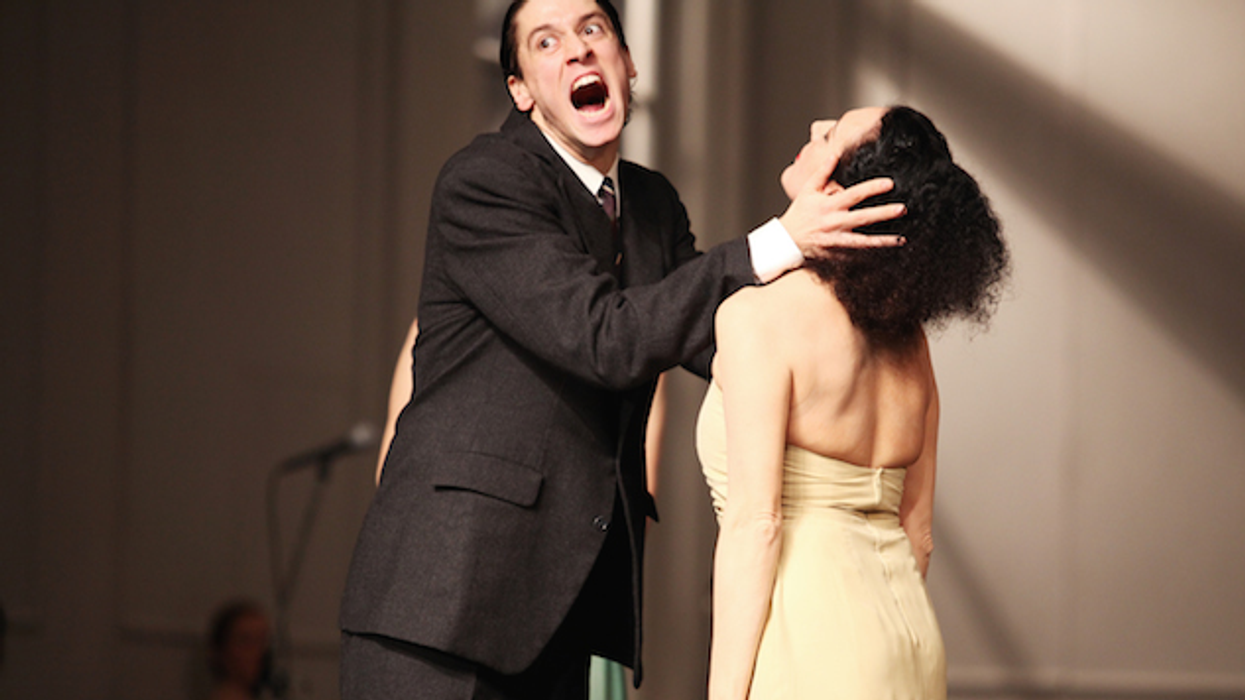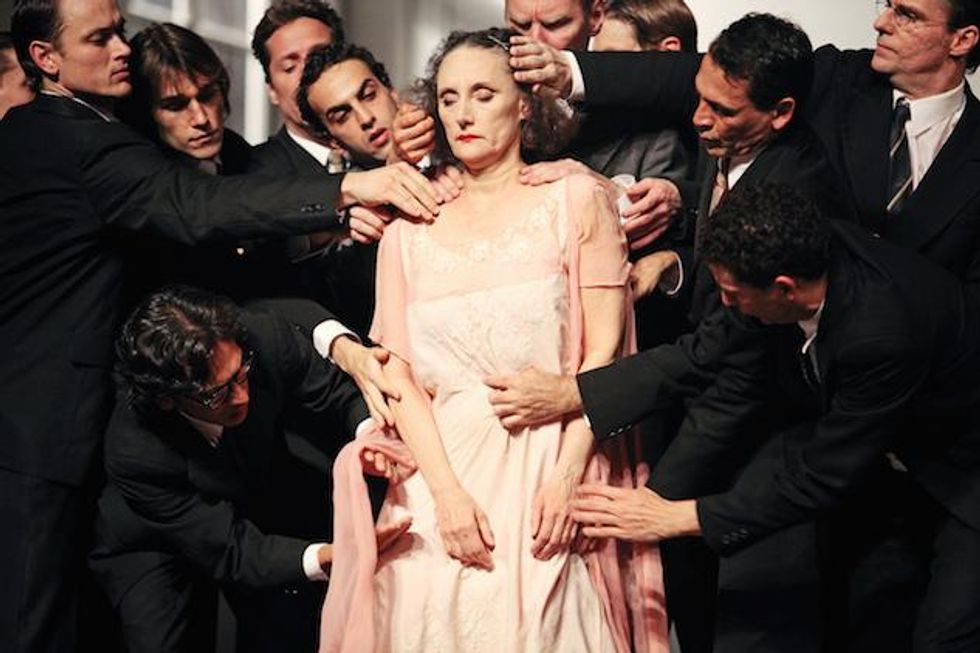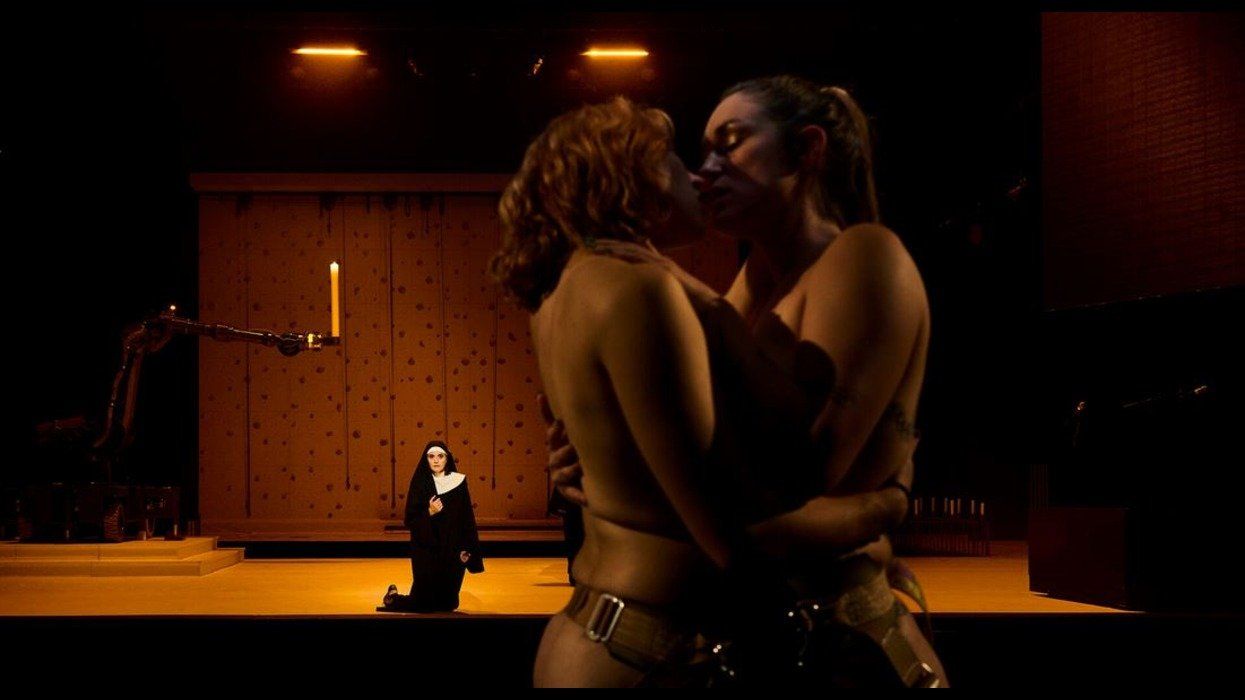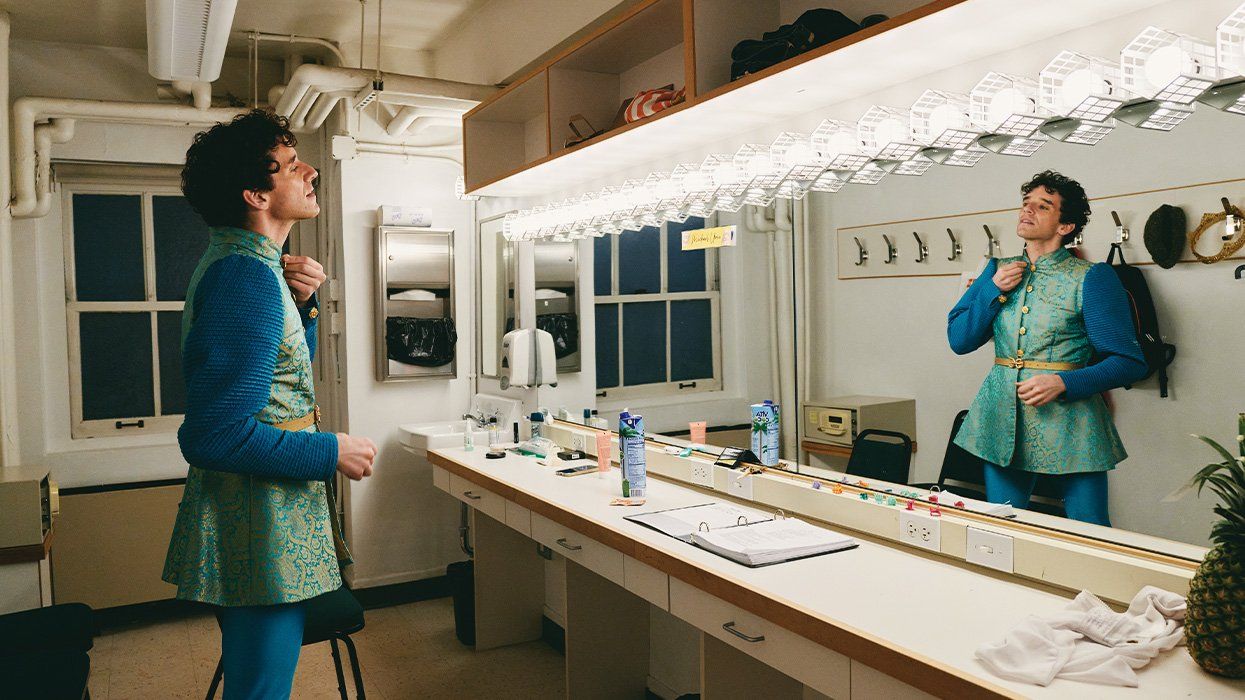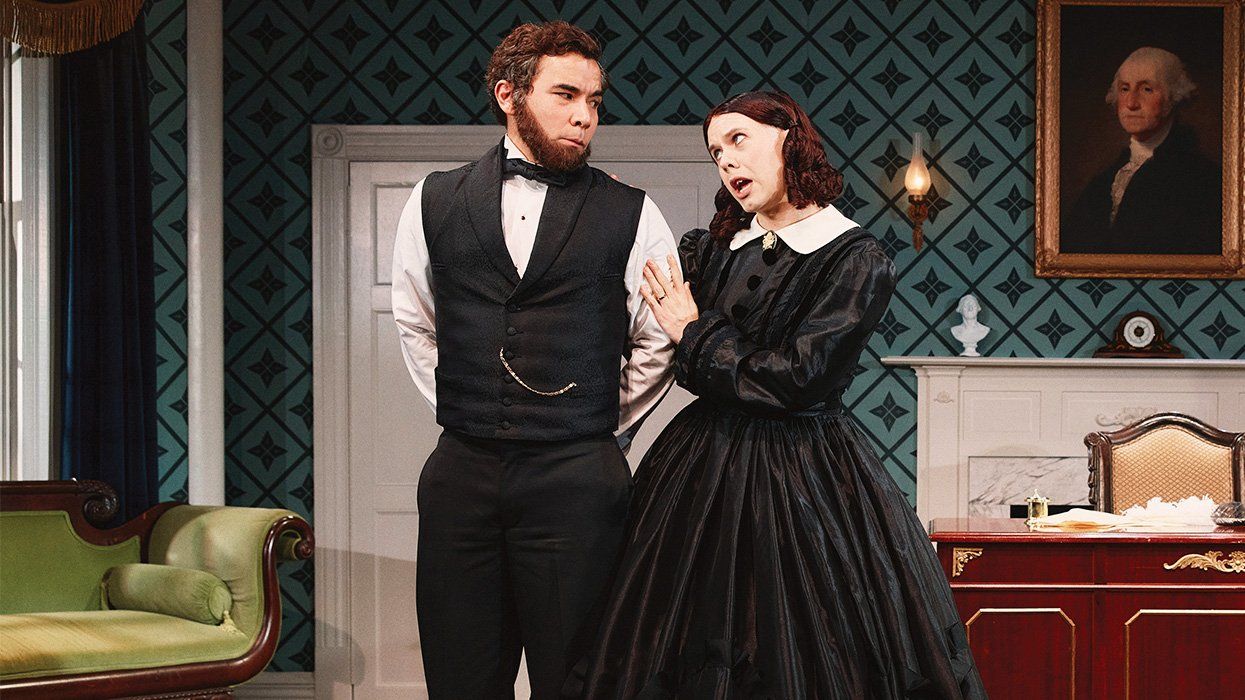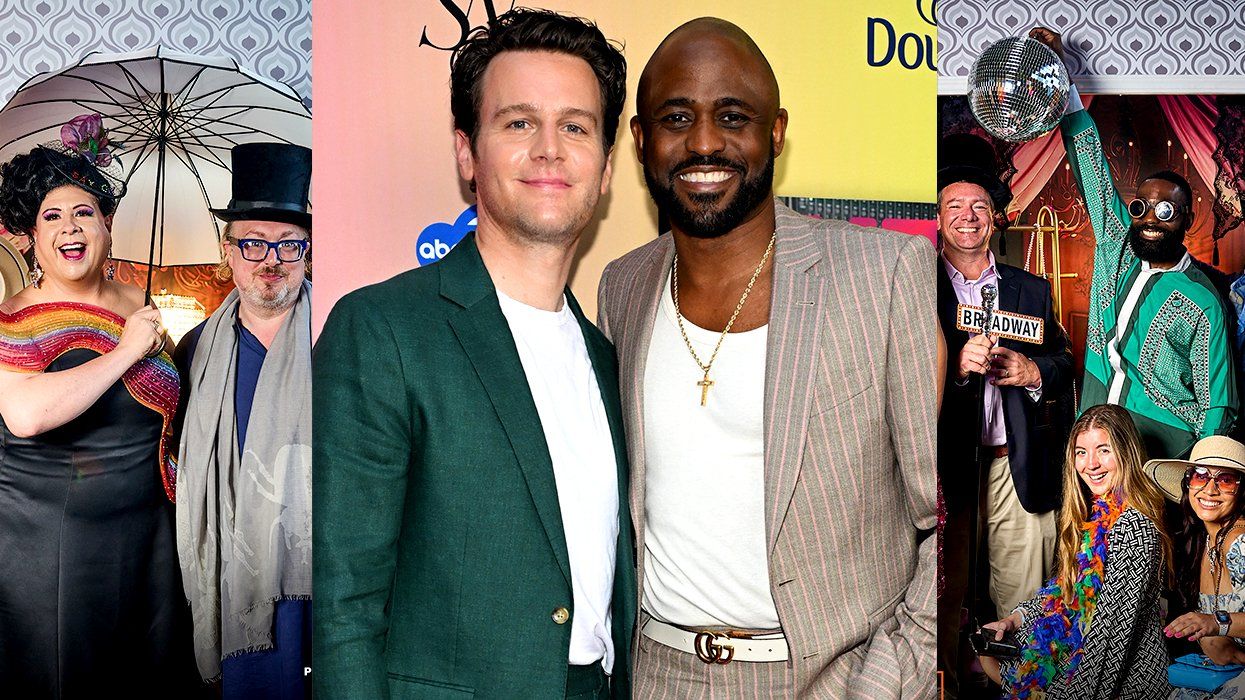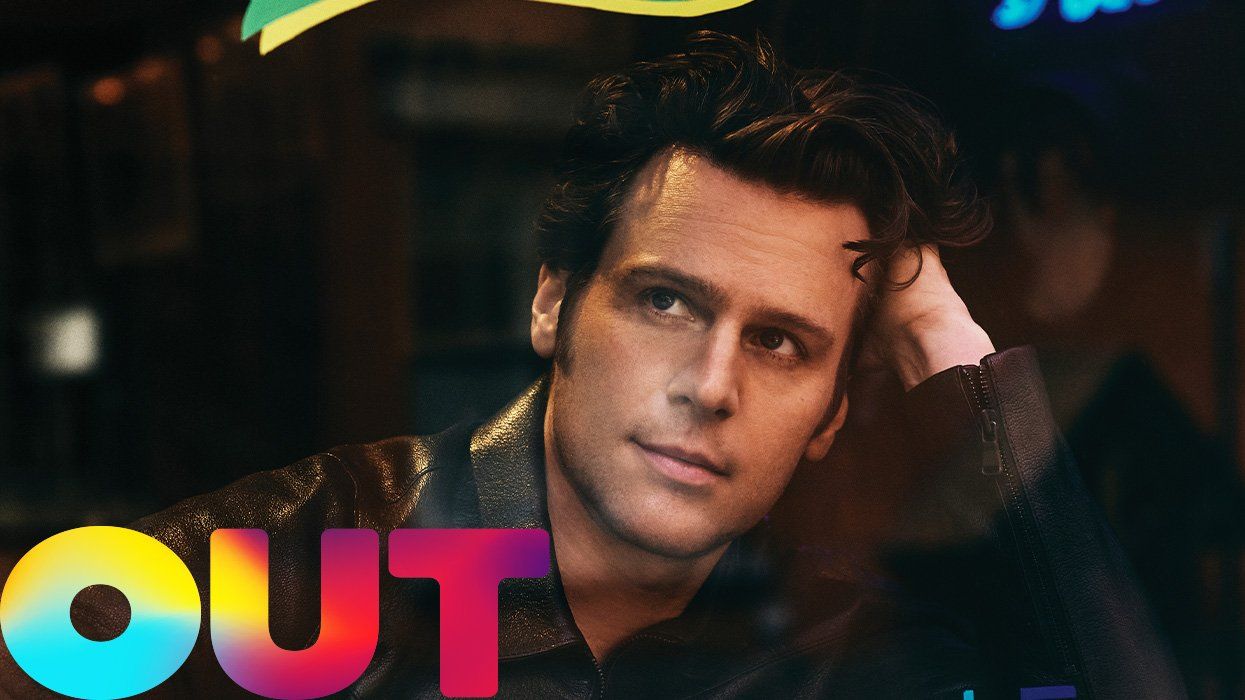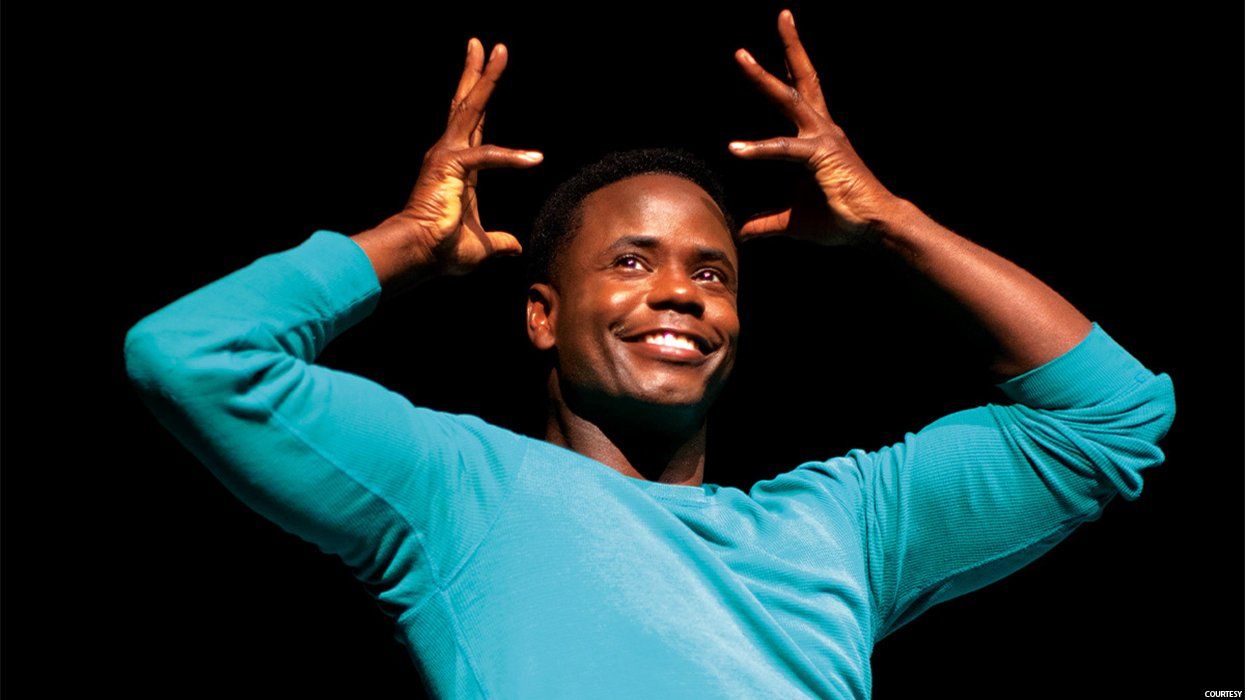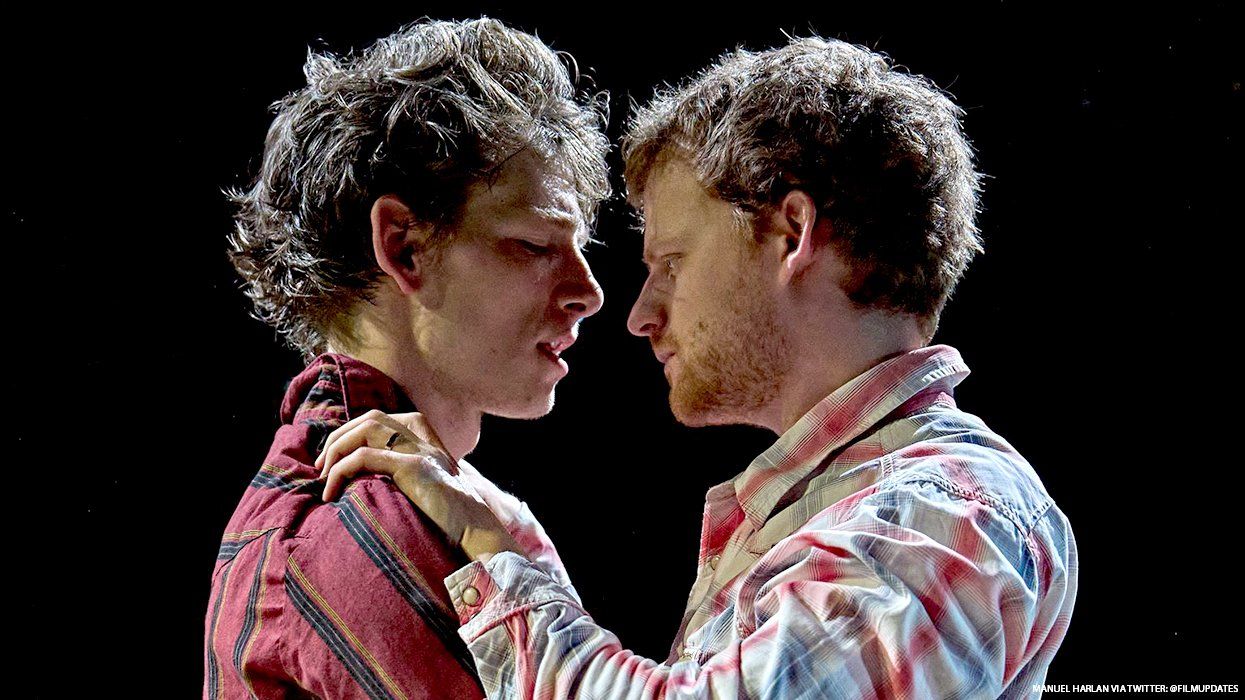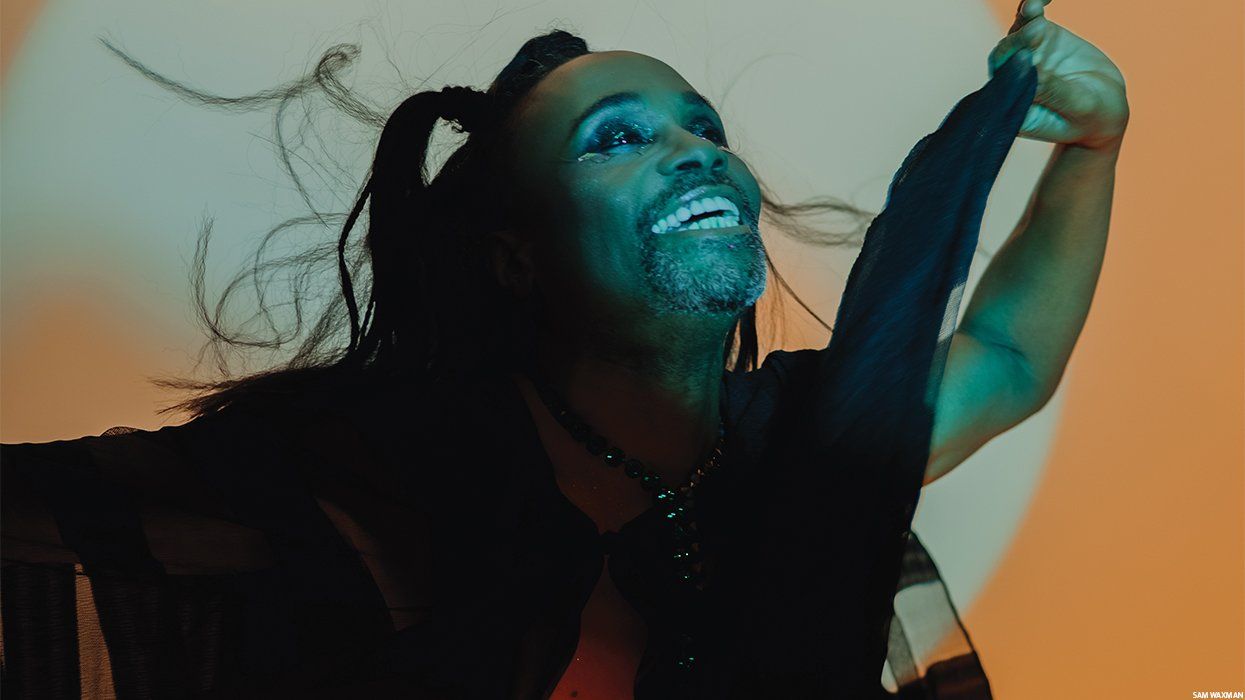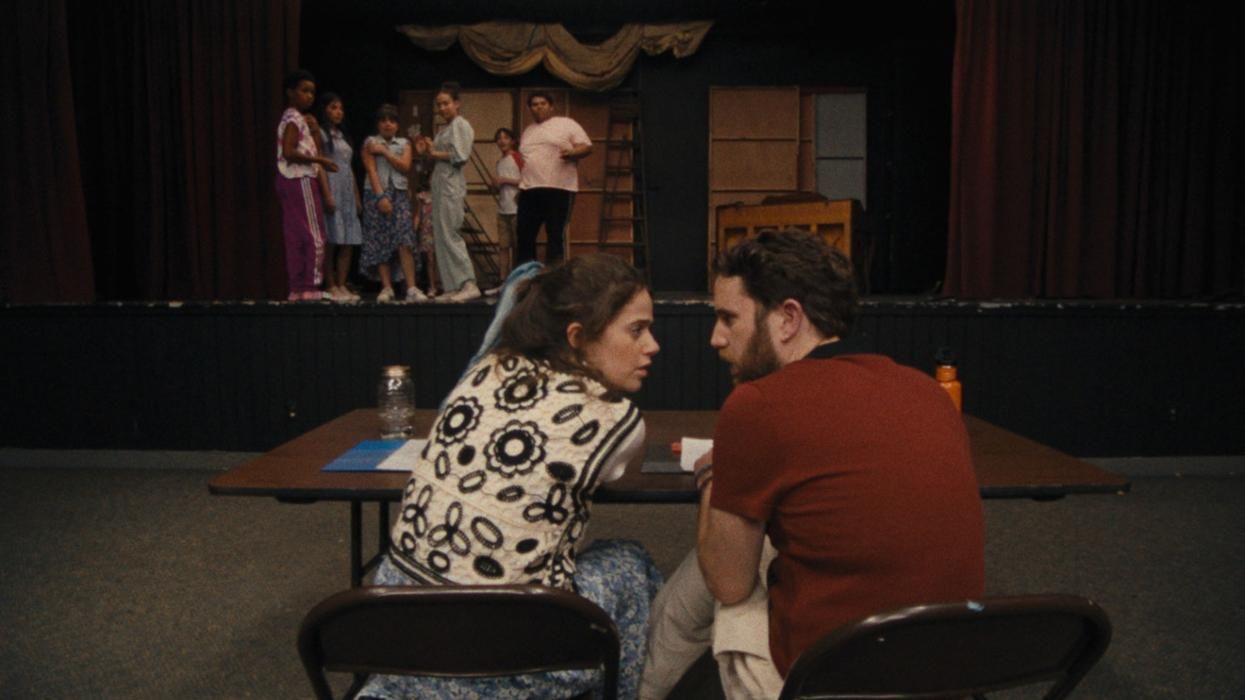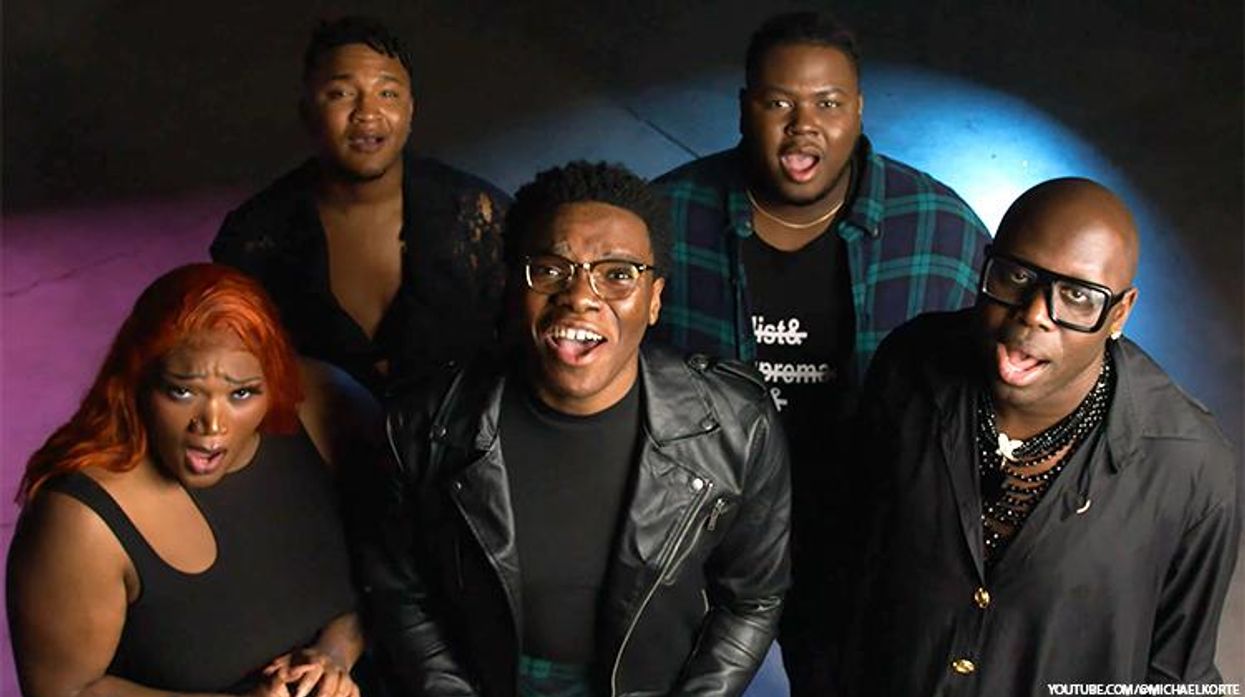Photography by Julieta Cevantes
Think about the first time you slow danced in middle school, and the delicacy of negotiating where to place your sweaty hands on your partner's back. Consider high school, and the navigation of social politics -- and self-doubt -- to find a date to Homecoming (if you were cool enough to go). Reflect on the jitters of angst and possibility every time you walked into a bar alone: in college, in a new city, maybe last night. Do you remember the first time you stood naked in front of someone? The first time you were sexually humiliated? The time you looked at your partner and thought, "this just isn't working?"
That's a lifetime of relationship baggage right there, and somehow you see it all in Kontakthof, the 1978 dance-theater work by Pina Bausch, the celebrated German choreographer who died in 2009. Kontakthof arrived last week at the Brooklyn Academy of Music's Next Wave Festival and runs through November 2.
For nearly four decades, Bausch's company, Tanztheater Wuppertal, has been a sort of laboratory of the peculiar dynamics of the male-female relationship (yes, it is populated by largely heterosexual specimens). Kontakthof, which means "courtyard of contact" in German, is portrayed onstage as a non-descript dance hall; the set is big and airy but purposefully bland. It's a blank slate, like every first encounter, and the familiar setting reminds us that every social site -- the school auditorium, the club, the bedroom -- is its own type of theater.
Inside this hall, twelve women and eleven men converge, each a unique, captivating being. They begin seated in folding chairs, lined along the perimeter. One by one they walk forward and face the audience like a mirror, pull back their face, turn sideways and suck in their bellies -- you know, all the primping and posing we do before presenting ourselves to our peers and romantic prospects. They do so in typical Bausch uniform: basic suits for the men (hair slicked) and slinky silk gowns in candy pastels for the women (hair long and unleashed).
What follows, in standard Bausch structure, is a series of vignettes, all set to German dance hall music of the 1930s. It gives the work a feel-good vintagey vibe, a pre-war bounce and optimism. But Kontakthof is not a romp: each character is subjected to Bausch's acute scalpel. In her view, we are all the imperfect sum of our desires, quirks, insecurities, delusions, anxieties, hopes and disappointments. Her fearless dancers embody all of that with humor and grace, which perhaps inspires us to do the same. (In one section, the dancers sit in a line facing the audience and tell us their most humiliating dating experiences, in their native tongues. We catch only snippets, and more often than not, can't understand them. But we can relate.) Even with their awkward goofiness, the cast always maintains a sense of poise and elegance; that contrast is one of the great pleasures of Bausch's work.
One of the striking things about Kontakthof, despite the throwback soundtrack and styling, is how contemporary it still feels and how much of the mating rituals are recognizable, even if technology has redefined them. For example, in one section Ales Cucek and Silvia Farias Heredia, who appear to be among the youngest in the cast, flirt with each other from across the stage and slowly, giddily, match each other in removing items of clothing until they are naked and sit in awe of the body revealed before them, and their own boldness. It's basically a Snapchat scene, and it reminds you of the innocence and wonder of budding teenage sexuality before modern tools gave it such a precarious public forum.
Nazareth Panadero in 'Kontakthof'
Tanztheater Wuppertal, more than perhaps any other dance company in memory, is a family of individuals. Each is a character in his or her own wild way (several have been with the troupe nearly since the beginning). The variety of ages, nationalities, body types and dispositions is refreshing: These are real people, perhaps a bit cartoonish, and all extraordinary movers, but they make you realize how rare it is to see such physical variety in dance.
Women are the goddesses of Bausch's world, a dynamic that has been both celebrated and problematized. Their sheer gowns, naked backs and constantly whipping hair render them perpetually sexualized. More often than not, they are being chased or flung about by men. In one scene in Kontakthof, Nazareth Panadero becomes a lifeless doll to the pokes, pinches and prods of the male cast. It's a comical yet incredibly uncomfortable moment. Julie Shanahan serves as a type of zany, zippy guide through the work; twice she sits in front of a mic and speaks or shouts the word "darling" in a variety of tones and inflections, making it sound alternatively sweet, manipulative, impatient and exacerbated. The men never appear so desperate.
Yet they never appear as colorful, complicated and fun as the women, either. Whether Bausch was reflecting her own experience as a woman, or satirizing society's simultaneous worship and disregard for that sex, or simply perpetuating that duality is unclear. It's been argued from all sides. Yet despite, or perhaps because of these contradictions, the women of Tanztheater Wuppertal emerge with a sense of perseverance and hard-earned dignity. They're the ones you remember.
You feel like you can watch these performers forever -- and Bausch tests that theory. Clocking in at nearly three hours, Kontakthof is something of a marathon. (The first half runs well past the 90-minute mark; the second half is significantly shorter.) It could end earlier and still make an impact. But we indulge Pina because the world she has created is so welcoming and recognizable. And because the duration is actually a necessary ingredient in experiencing the ups and downs of relationships: the passion, the warmth, the hiccups, the boredom, the pain, and the endurance. All of it is there.
Kontakthof continues through Nov. 2 at the Brooklyn Academy of Music


